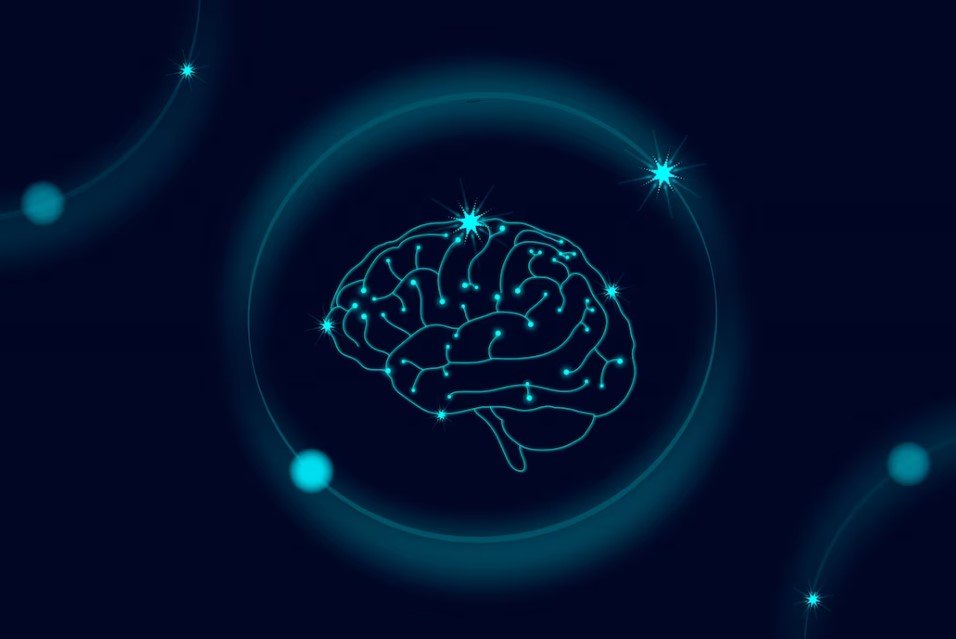
What is Parkinson's?
Parkinson's disease is a progressive, degenerative and functional disorder of the brain. The main symptoms of this disease are tremors, stiffness in the muscles and slowing of movement and gait. There are two options for symptomatic treatment: medication and surgery.
Who is a candidate for brain pacemaker surgery to treat Parkinson's disease?
- 5 years must have passed since the diagnosis of Parkinson's disease
- is applied in cases where the applied drug therapy is insufficient
- if the dose of medication is not increased due to the onset of side effects of the medication, surgery is decided.
What are the situations in which surgery is not applicable in Parkinson's disease?
Brain pacemaker surgery for Parkinson's disease is not applicable in the following cases:
- If the diagnosis of Parkinson's is not definitively established
- If the diagnosis is less than 5 years old
- If the patient has psychiatric problems
- If the patient is older than 80 years
- Surgery is not performed or postponed if there is an active infection
How is brain pacemaker surgery performed in Parkinson's disease?
The combination of millimeter-sized electronic rods implanted in the brain, a small power supply and an extension cable connecting the two can prevent the disorders caused by Parkinson's disease. After the surgery, the person is monitored and the electrodes placed in the brain are adjusted. With the help of a remote control, the patient and the doctor can control this battery and change its settings. Being able to control it in this way is very important in terms of determining the most efficient value.
Does the battery last?
The life of the battery varies between 3-6 years depending on the patient's condition and the region where the surgery is performed. When the battery power of the battery runs out, it is not operated again. Only the unit of the batteries placed under the skin in the chest area needs to be replaced with a small operation.
Les symptômes de la maladie disparaissent-ils complètement après la chirurgie ?
After deep brain stimulation surgery, side effects such as tremors, slow movement, and medication that limit the patient's comfort and reduce their quality of life are significantly reduced. The person can now perform daily activities such as tying their shoes, buttoning their shirt, and drinking water on their own.


Contact
We are at your service 24/7
Hata: İletişim formu bulunamadı.
Patient Satisfaction
Beautiful thoughts from all of you
If you're looking for car insurance, we will help you to find the You bring emendous value to company. We have generated more leads in the last

Farhan Smith Health Mentor
If you're looking for car insurance, we will help you to find the You bring emendous value to company. We have generated more leads in the last

Elwin Dawson Medical Specialist
If you're looking for car insurance, we will help you to find the You bring emendous value to company. We have generated more leads in the last

Poral Dawson Home Nurse
If you're looking for car insurance, we will help you to find the You bring emendous value to company. We have generated more leads in the last


